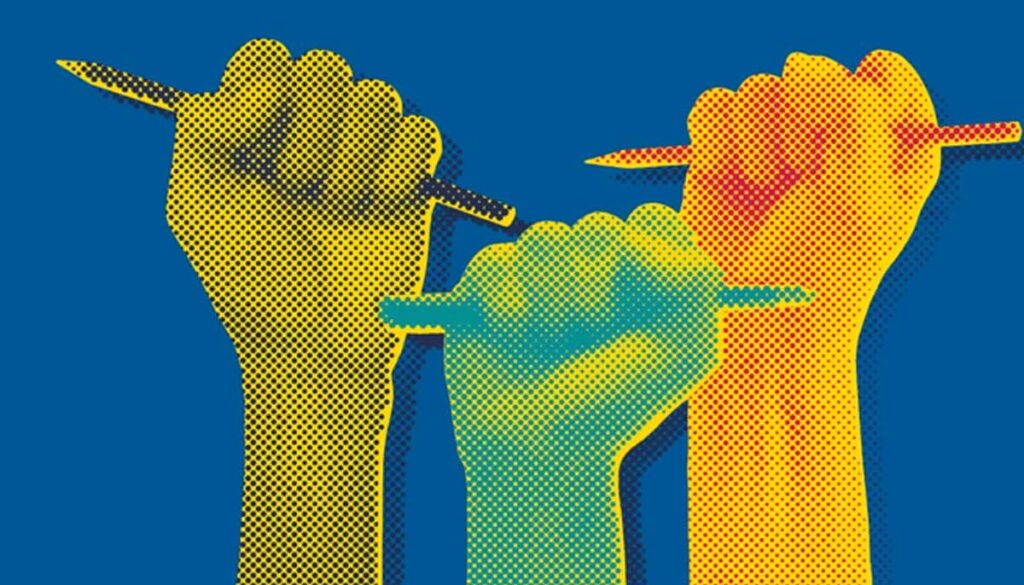“Across the South Asia region, governments are becoming increasingly intolerant of criticism, discrimination against women and girls and marginalized groups are pervasive, and impunity is rife giving rise to widespread human rights violations that go unchecked, unaccounted for and unfettered,” said Yamini Mishra, South Asia Regional Director, Amnesty International.
Explaining key issues related to South Asia, mentioned in Amnesty Internationl’s annual report on status of the human rights world over, she said that in the immediate aftermath of its takeover of Afghanistan in August last year, the Taliban curtailed media freedoms and used force to break up protests. Journalists were detained, beaten and harassed; by October more than 200 media outlets had closed down.
In Bangladesh, criticism of the government’s response to the Covid-19 pandemic and other issues led to a crackdown on dissent, targeting human rights defenders, journalists, lawyers, members of the opposition, criminal investigators, university students, academics, trade unionists and social media commentators.
Sri Lankan authorities issued threats of disciplinary action against health sector employees who spoke to the media about their concerns on the Covid-19 response. In Maldives, media personnel reporting on protests were also attacked or harassed by police, protesters were dispersed, citing the Freedom of Peaceful Assembly Act 2016 and health guidelines because of the Covid-19 pandemic.
In India, police and security forces used excessive force against those protesting peacefully against the controversial agricultural reforms. Outspoken journalists, media outlets, actors and human rights activists were threatened and intimidated through the misuse of over-broad financial laws including the FCRA (Foreign Contribution Regulation Act) or use of draconian anti-terrorism laws like the UAPA (Unlawful Activities Prevention Act).
Many governments sought to further control access to and sharing of online information. In Pakistan, the draconian Removal and Blocking of Unlawful Online Content Rules to censor online content was also enacted. In Bangladesh, human rights defenders, journalists and activists were among hundreds of people imprisoned under the Digital Security Act.
Nepal authorities used the Electronic Transactions Act to arbitrarily detain individuals including journalists, particularly those who criticized the government and ruling party leaders. Residents of Jammu and Kashmir suffered the longest internet shutdown on record from 4 August 2019 to 5 February 2021.
The Pegasus Project, an international investigative journalism initiative, exposed the unlawful and arbitrary surveillance of Indian citizens including journalists and HRDs through the government’s alleged use of Pegasus spyware.



